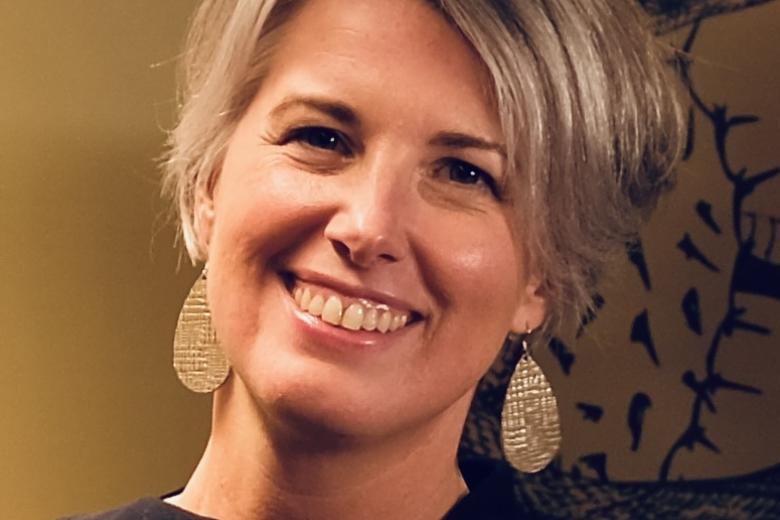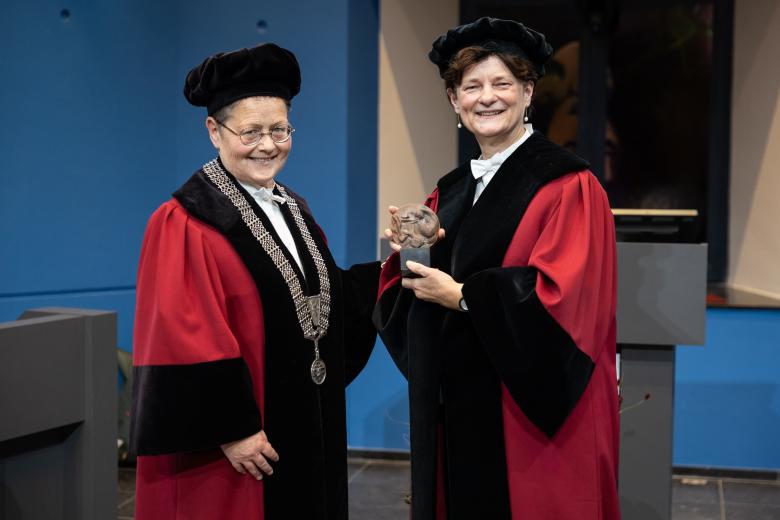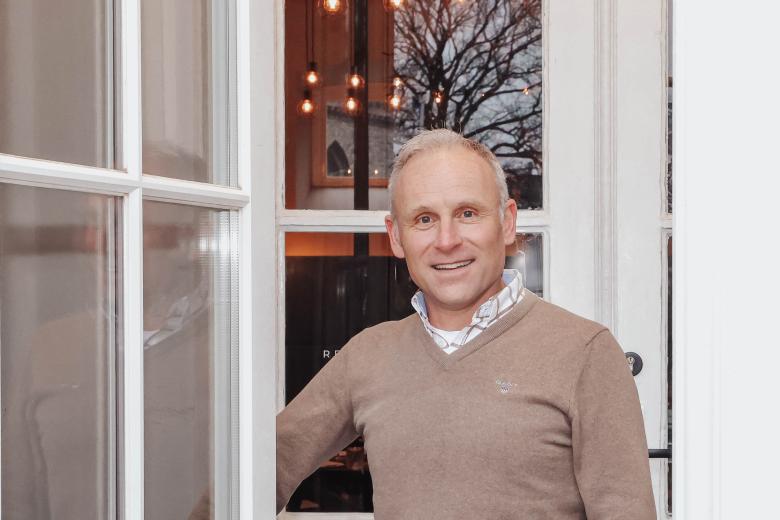Is the risk of cancer the same for everyone?
One in two Dutch people will develop cancer at some point in their lives. However, that risk is not the same everywhere and for everyone, and can even be related to where you live. Valery Lemmens, professor of cancer surveillance at GROW, examines these differences in Limburg. Additionally, he conducts research on prevention and how society is designed for making (un)healthy choices. Valery: “This disease affects us all, therefore it is wonderful to contribute to preventing it.”
Valery’s interest in epidemiology began during his studies in health sciences. After completing his PhD, he held several (board) positions at organisations such as the Integral Cancer Centre of the Netherlands (IKNL), Erasmus MC, and MAASTRO. Before he started his studies, Valery was a cyclist. “I eventually made it to the Dutch selection,” he says. “At that point, I could choose between a modest professional contract, or doing something with my high school diploma after all. I chose the latter, but cycling still taught me valuable lessons. Sports teach you that nothing comes easy and that you have to invest to achieve something. That mindset helped me in my career. Sometimes you have to persist and work really hard, but it brings great satisfaction when you finally succeed. I also noticed this in my early days as a researcher. At first, you might hit some roadblocks, like having an article or grant application rejected. The same goes for cycling: when you fall off your bike, you get up, grab your bike, and keep going. That does shape you.”
Risk of cancer
One in two Dutch people will develop cancer at some point in their lives. Of those, one in three will not survive it. “In the Netherlands, the chances of getting cancer or surviving it are not the same everywhere and for everyone,” says Valery. “Socioeconomic status plays an important role. For instance, the risk of many types of cancer is related to where you live. In some big cities, there are even disparities between neighbourhoods.”
Prevention
Valery's chair is titled ‘Region-integrated approach to cancer’. “My focus is mainly on Limburg,” he says. “We see differences in the incidence of lung cancer here, so I am investigating in which neighbourhoods that is the case. I will also look at how we can ensure that fewer people in the region start smoking. That is an example of primary prevention. Secondary prevention includes, for instance, early detection of the disease. In some neighbourhoods, fewer women participate in the population screening for cervical cancer. That screening can help prevent cancer even in its early stages. We are also looking at OncoZON: the cooperation between Limburg and East Brabant in cancer diagnostics and treatment. We are investigating what the collaboration leads to. For example, does it really lead to better survival rates?”
How we designed our society makes it easy for us to make unhealthy choices.
Aftercare
Valery also investigates aftercare. “There is an ongoing debate on whether it is useful to have former cancer patients return every year, or every six months,” he says. “We are also paying attention to lingering symptoms caused by the disease or its treatment. Fatigue is common, for instance. Social and economic issues also arise. Young people in particular often struggle to return to work.”
Alcohol
Although cancer often affects older adults, it is increasingly being diagnosed in younger people. “That seems to be linked to lifestyle, but we must be careful not to blame individuals,” says Valery. “It is more about how we designed our society. It makes it easy for us to make unhealthy choices. For example, I also conduct research on alcohol. Alcohol is linked to eight types of cancer, even in small amounts. Every year, around 500 Dutch women are diagnosed with breast cancer from just a few glasses of alcohol per week. Hardly anyone knows that, so I will be raising awareness for this later this year. If you want to put warnings on alcohol labels, there is a massive influence from the industry on politicians, and lobbyists, just like we saw with tobacco. It is up to us scientists to still spread that message. We do not want to patronise people, but we have to make sure they can make healthier choices. Policymakers need to get the right information and not just from the industry lobby.”
Contributing
Why is this field so important to Valery? “It affects us all. Everyone knows someone who is dealing with cancer,” he says. “It is wonderful to contribute to preventing the disease or improving treatment. I am grateful that I get to do this work.”
Want to learn more about Valery’s research? During the Grow Science Days (June 18 and 19), he will introduce himself on day two during the programme section ‘New Kids on the Block’.
Text: Joëlle van Wissen
Photo: Aron Nijs
Also read
-
Tanne van de Kreeke – a former lawyer turned epidemiologist
According to Tanne, a former lawyer and now part-time Epidemiology student, the quality of research in general would improve if more people had a better understanding of epidemiology and how the field relates to research methodology. Tanne is clear about the benefits of the master’s programme.
-
Prof. dr. Mirjam oude Egbrink awarded MUMC+-medal
During her farewell lecture on Friday, 28 November, Prof. Mirjam Oude Egbrink was awarded the MUMC+ medal by Dean Annemie Schols for her distinguished career.
-
Jeroen Hendriks: first professor of Nursing Sciences at MUMC+ in a long time
Jeroen Hendriks (CAPHRI) has been Professor of Nursing Science since last year and will deliver his inaugural lecture on 4 December 2025.